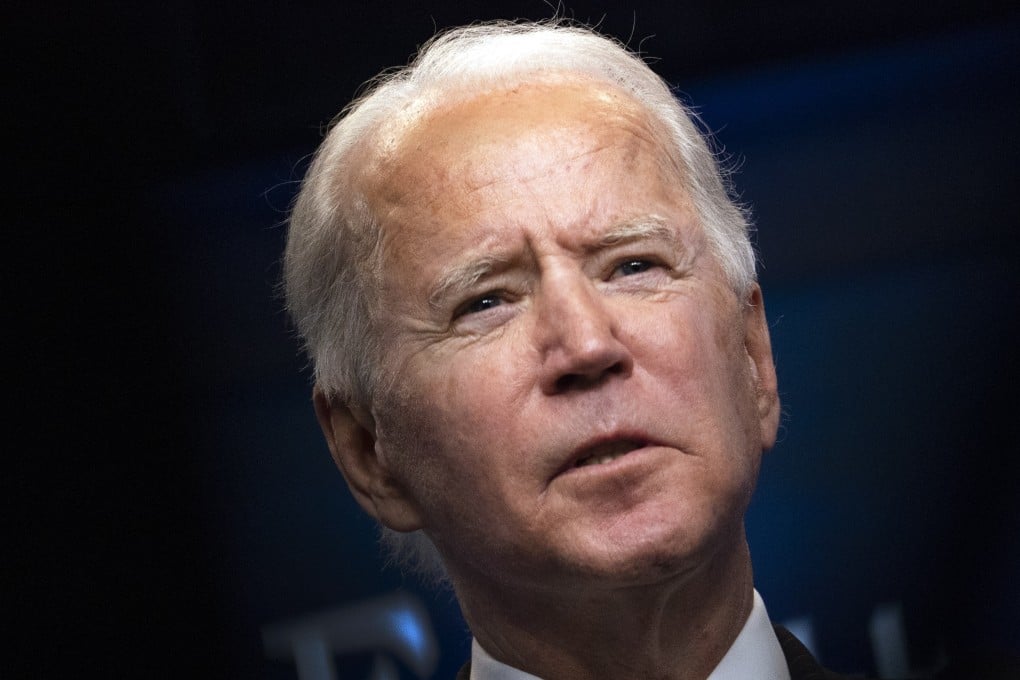As I see it | Early signs from Biden White House of more balanced China policy ahead
- New administration appears intent on making the most of Donald Trump’s China legacy, while toning down its more aggressive aspect
- Will it be enough to restore Washington’s tarnished reputation and rebuild trust with allies and partners?

Two issues are probably of greatest concern to Beijing when it comes to President Joe Biden – his administration’s stance on Taiwan, and how it chooses to interpret his predecessor’s Indo-Pacific strategy.
It is still too early to tell exactly what Washington’s changing of the guard means for US-China relations, but the Biden team gave some initial answers to both questions just a week into office – moving quickly to undo much of Donald Trump’s policies, while intent on making the most of his China legacy, albeit with a more balanced approach.
Also highlighted was Taiwan’s role in Washington’s Indo-Pacific strategy, a geopolitical concept devised by the Trump administration to curb China’s rise.
It was the clearest indication that Biden’s White House intends to continue using the term Indo-Pacific to define its Asia policy, but it also signalled a move away from Trump’s singular focus on maintaining American primacy – at the heart of US-China rivalry – by emphasising a shared approach to prosperity and security ahead of differences in values and ideology.
The change in policy priorities shows Biden’s understanding of the region’s economic interdependence with China, as he tries to avoid Trump’s mistake of forcing countries to choose between the two superpowers.
From Taiwan’s perspective, it was a generally positive statement, describing US commitment to the island as “rock-solid” and renewing Washington’s pledge to “continue to assist Taiwan in maintaining a sufficient self-defence capability”.
